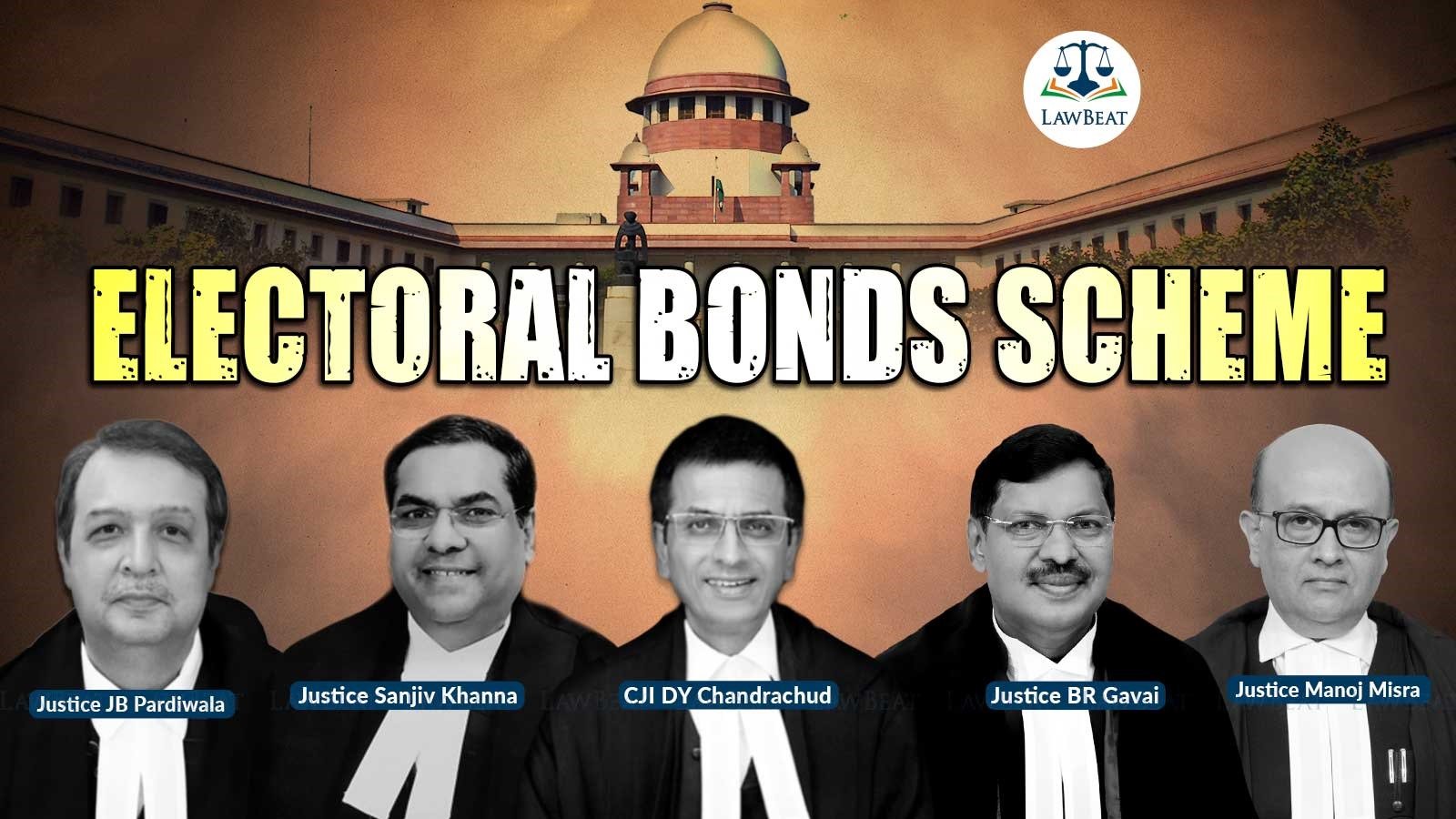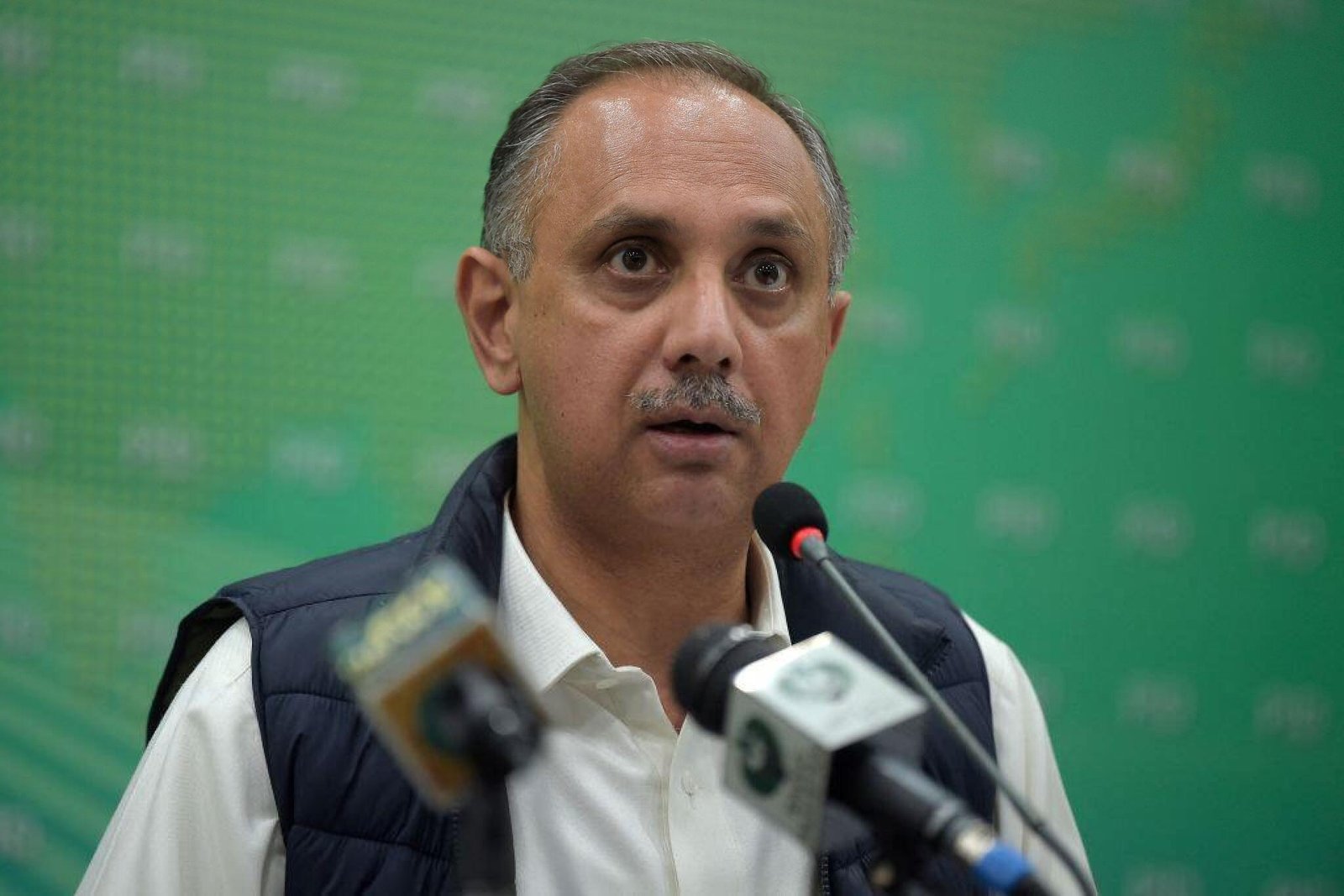India Supreme Court cancel electoral bonds scheme
The Supreme Court of India has ruled to cancel the anonymous electoral bonds scheme and declared it “unconstitutional.” The Court considered this scheme to violate the right to information under Article 19(1)(a).
The Supreme Court of India has issued a unanimous decision on a series of petitions challenging the legality of the electoral bonds scheme to cancel it. The Federal government of India, under BJP leadership, introduced this scheme for anonymous funding of political parties in 2018.
A five-judge Constitution bench led by Chief Justice DY Chandrachud passed the verdict to invalidate the electoral bonds scheme. The bench reserved its decision on this case last year on Nov 2, 2024.
According to the Supreme Court, political parties are crucial players in the election process. So, the information regarding their funding is critical for making electoral decisions. The Court further instructed the State Bank of India (SBI) not to issue any more of these electoral bonds.
However, this decision is considered a “setback” for Bharatiya Janata Party (BJP). The ruling party BJP benefited the most from the implemented electoral bonds scheme.
Click here to read the updates on Madras High Court banned non-Hindus entry into Palani temples
Furthermore, the Supreme Court has ordered the SBI to provide data to the Election Commission on electoral bonds purchased since April 12, 2019.
The Supreme Court has not only overturned the electoral bonds scheme. The Court has also canceled all of the provisions made to bring it into effect in the Income Tax Act, the Corporations Act, and so on. In this regard, analysts consider this a landmark decision that will have long-term consequences for the political system of India.
Indian public interest lawyer Prashant Bhushan told reporters that the Supreme Court of India concluded the electoral bonds scheme “a complete violation of citizens’ fundamental rights.” Every citizen has the right to know who is donating this much money to political parties.
Electoral bonds, introduced in India in 2018, are a unique way for political parties to raise funds. Individuals or businesses can purchase these bonds from the State Bank of India and donate them to political parties while maintaining anonymity. This method, unlike cash donations, doesn’t reveal the donor’s identity, sparking debates over transparency and the possibility of corruption.
Read More:
- Niger Fuel Tank Explosion: 48 people died after tanker-truck collision
- Jordan gunman killed three Israeli guards at West Bank border
- 30-year-old China man died from organ failure after working for 104 days
- Lamu Deputy Governor Raphael Munyua died in Nairobi Hospital
- Hillside Academy Endarasha fire outbreak killed 17 school students
- Kenyan mother donates her excess breast milk to needy newborn children
Share this content:










Post Comment